Netflix’s When Life Gives You Tangerines has triggered a tourism boom in Jeju—and online mentions of Jeju dialect and haenyeo (female divers) are soaring.
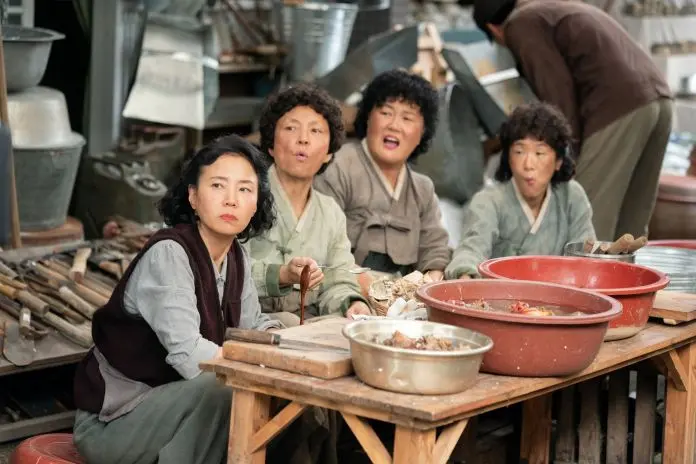
With the March release of the hit Netflix series When Life Gives You Tangerines (폭싹 속았수다), global interest in Jeju’s unique culture—especially its regional dialect and iconic haenyeo—has spiked, according to new data.
The series follows the lives of Ae-soon (played by IU) and Gwan-sik (Park Bo-gum), two islanders navigating love, hardship, and dreams across four seasons. Set against the backdrop of Jeju’s coastal beauty, the drama has captivated viewers while offering a deeper, more emotional portrait of the island.
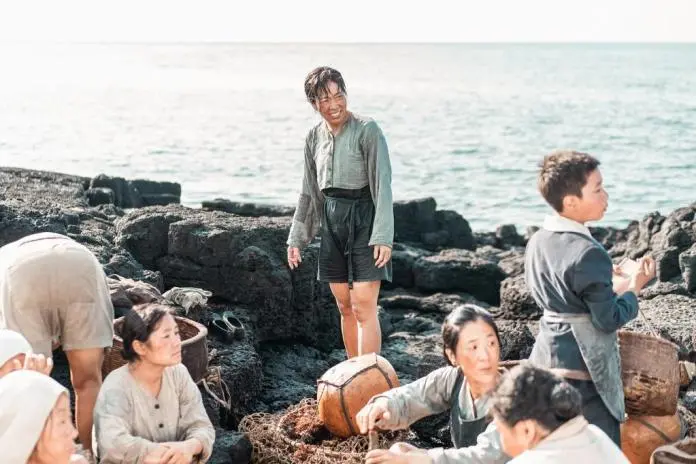
A New Lens on Jeju Culture
According to a June 30 report by the Jeju Tourism Organization, When Life Gives You Tangerines is setting itself apart from earlier Jeju-set dramas like Welcome to Samdal-ri and Our Blues. Social media analysis shows that the show’s success lies in its ability to showcase Jeju not just as scenery, but as a place of rich cultural identity and emotional depth.
Keywords associated with the show—like “Jeju,” “Seongsan Ilchulbong,” and “canola flower fields”—were accompanied by cultural markers such as “haenyeo,” “dialect,” “heritage,” and “period drama.” This suggests that viewers are increasingly drawn to Jeju’s unique lifestyle and legacy.
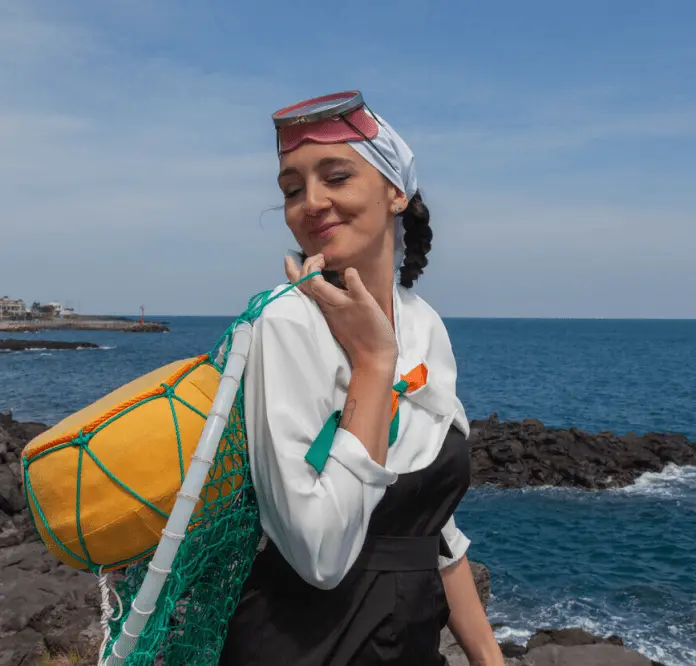
Mentions of haenyeo in particular rose sharply with the show’s release. From an average of 5,000 mentions in January and February, numbers spiked to 7,460 in March (+41%), then held steady in April (6,791) and May (7,072). Jeju dialect saw a parallel surge, with 26 and 32 YouTube videos published on the topic in March and April respectively—garnering over 2.2 million views in April alone.
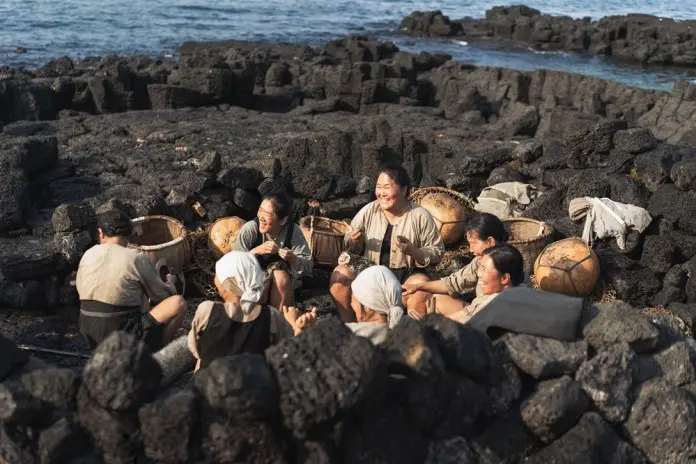
“Reframing Jeju as a Living, Emotional Space”
A Jeju Tourism Organization spokesperson said:
“When Life Gives You Tangerines helped reimagine Jeju as more than just a beautiful destination—it’s now being seen as a space full of emotion, history, and story. We aim to support more content that preserves and promotes Jeju’s identity through global marketing and tourism.”
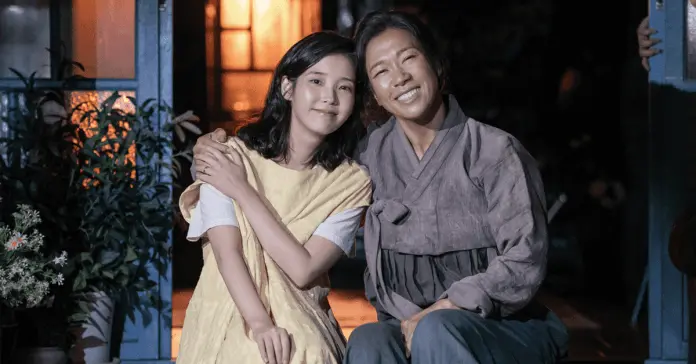
What Does 폭싹 속았수다 Really Mean?
The series’ title may sound like “You tricked me” to standard Korean speakers, but in Jeju dialect, it’s a heartfelt way of saying: “Thank you for helping me through something hard.”
The Jeju dialect is rich with unique vocabulary and expressions. For example:
- “Why?” becomes 무사 (musa)
- “Like that” becomes 경 (gyeong)
- “Why like that?” = 무사경?
- To show respect to elders, add 마시:
- “Why did you do that?” → 무사마시?
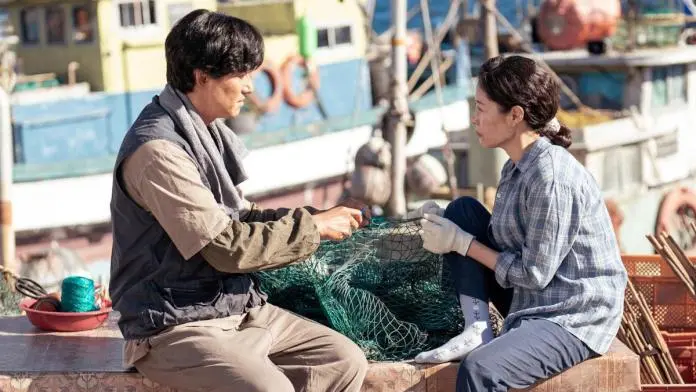
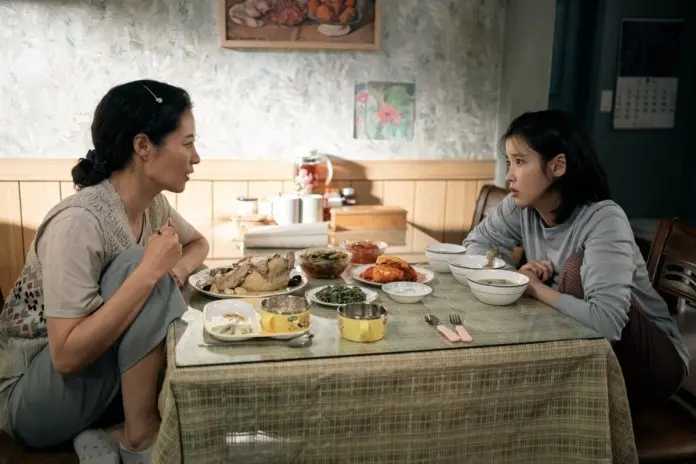
Jeju-style endings are another signature:
- ~꽈, ~수다, ~예, ~양, and added consonants like ㄴ
- “How much?” → 얼마꽈
- “Hello” → 안녕하우꽈
- “Thank you” → 고맙수다
- “What are you doing?” → 뭐하맨? (instead of 뭐해?)
- “How much?” → 얼마꽈
As the series continues its global rise, it’s also helping revive Jeju’s endangered language and culture—proving once again that K-dramas are more than entertainment. They’re vessels of memory, heritage, and pride.
Get the latest on K-pop & K-drama here!
게시물 Why Tourists Are Suddenly Flocking to This Unexpected Part of Jeju이 WIKIPOP에 처음 등장했습니다.
